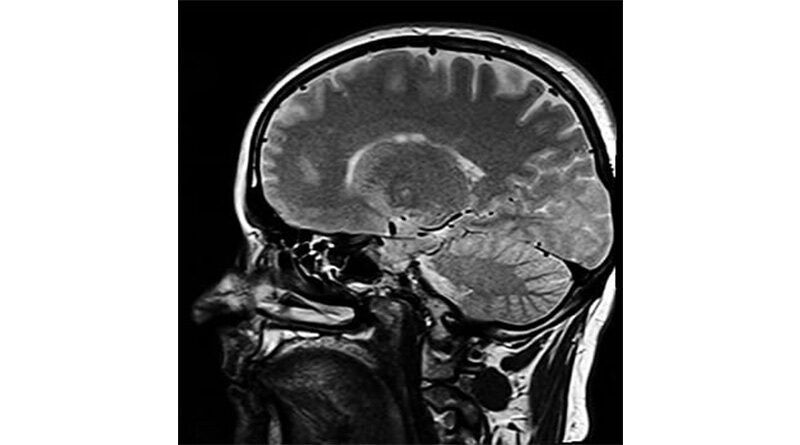People with Dementia Missed Out on Vital Care During the Pandemic Due to Mistrust in Government Guidance Carers Revealed
New research says that people with dementia missed out on care at home and family members struggled alone during the pandemic. The charity, Marie Curie, fears this left people dying at home without the vital support they needed.
Academics at University College London interviewed specialist nurses on Dementia UK’s national helpline and staff at Marie Curie’s support line. This revealed dementia carers were worried their loved one would die alone if they had to go to a care home and would be an additional burden to the NHS during the first lockdown.
Carers said they believed normal NHS services weren’t available and were concerned about adding to NHS pressures if they tried to access support. Many were left on their own to make important decisions about end of life care amidst a crisis with limited support.
Other accounts revealed people with dementia did not get the care they needed due to a lack of trust in the Government. The ‘frequently changed’ and ‘often unclear’ guidelines, did not seem to consider the needs of those living with dementia and their carers.
Shockingly, some carers even mentioned a fear of being arrested if they were caught visiting a relative with dementia.
End of life charity, Marie Curie, is warning that this lack of support at home means people will continue to miss out on the care they need. The charity is calling on the UK Government to make it compulsory to commission end of life care services in England, adding that the increased numbers of people dying at home during the pandemic will become the norm as the country’s population ages.
Dr Nuriye Kupeli, from the Marie Curie Palliative Care Research Department at University College London, said:
“It’s heart breaking to hear about the challenges family carers of people living with dementia faced during the pandemic. We know that between March and June 2020, dementia was the main underlying condition for a quarter of all Covid-19 deaths. Tragically, it appears that many of these people did not receive the support they needed. No families should be left to provide care unsupported. Guidance and advice should always be accessible for people caring and making decisions for a relative living with dementia. More must be done to reach out to people with dementia, and those caring for them, especially at times of uncertainty, to let them know they are not alone.”
Dr Sam Royston, Director of Policy and Research at Marie Curie said:
“It is imperative that the health and care system works for people with terminal illnesses, including dementia, so families are supported to have the best possible experience at the end of life. This must include better resourcing of community based health and social care services.
“The pandemic has been a test for palliative care and the current model is not sustainable for the ageing population. By 2040, 100,000 more people a year will die. There needs to be a clear plan for people with terminal illnesses, both now and in the future, so they can get the care they need. People cannot be left unsupported. We are urging the Government to revise the Health and Care Bill to ensure palliative and end of life care services are commissioned in every part of England to stop people, like those in this research, from missing out.”
The research, identified four other key themes that people with dementia and their carers experienced: concerns about care transitions (transferring people to hospital/care home); uncertainty in engaging support and help (from health and social care professionals); pandemic motivated care planning, maintaining the wellbeing of the person living with dementia, and trust, loss of agency and confusion. All these factors meant that many carers were left to provide care at home, unsupported.
This research, published in BMC Health Services Research, was supported by Dementia UK, Alzheimer’s Society and Marie Curie and was funded by the Economic and Social Research Council, as part of UK Research and Innovation’s response to Covid-19. The qualitative study was carried out between eight telephone support line staff from two UK based charities who support carers of people living with dementia and those at the end of life, using semi-structured interviews in May-June 2020.





